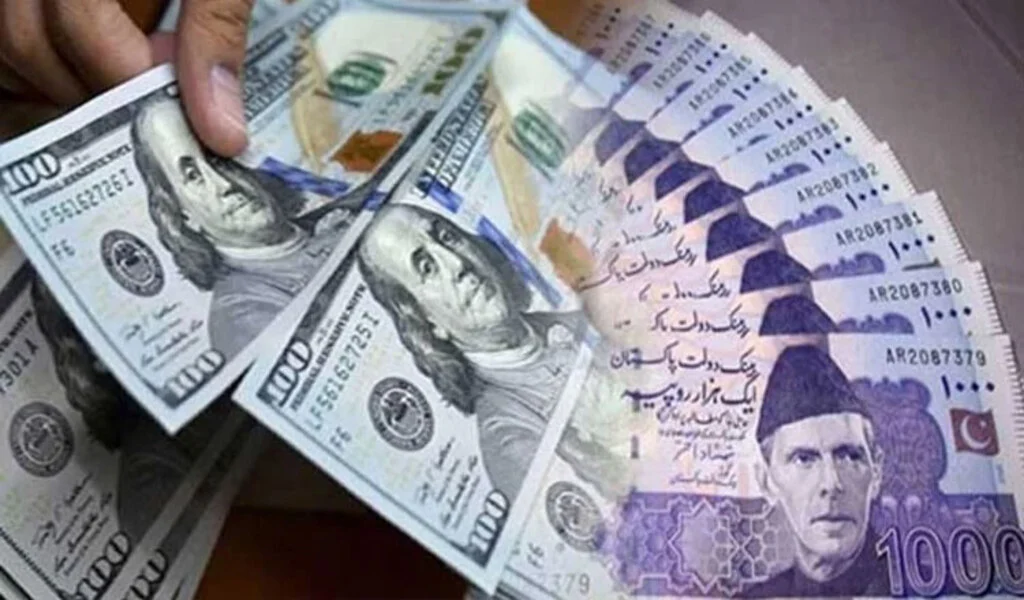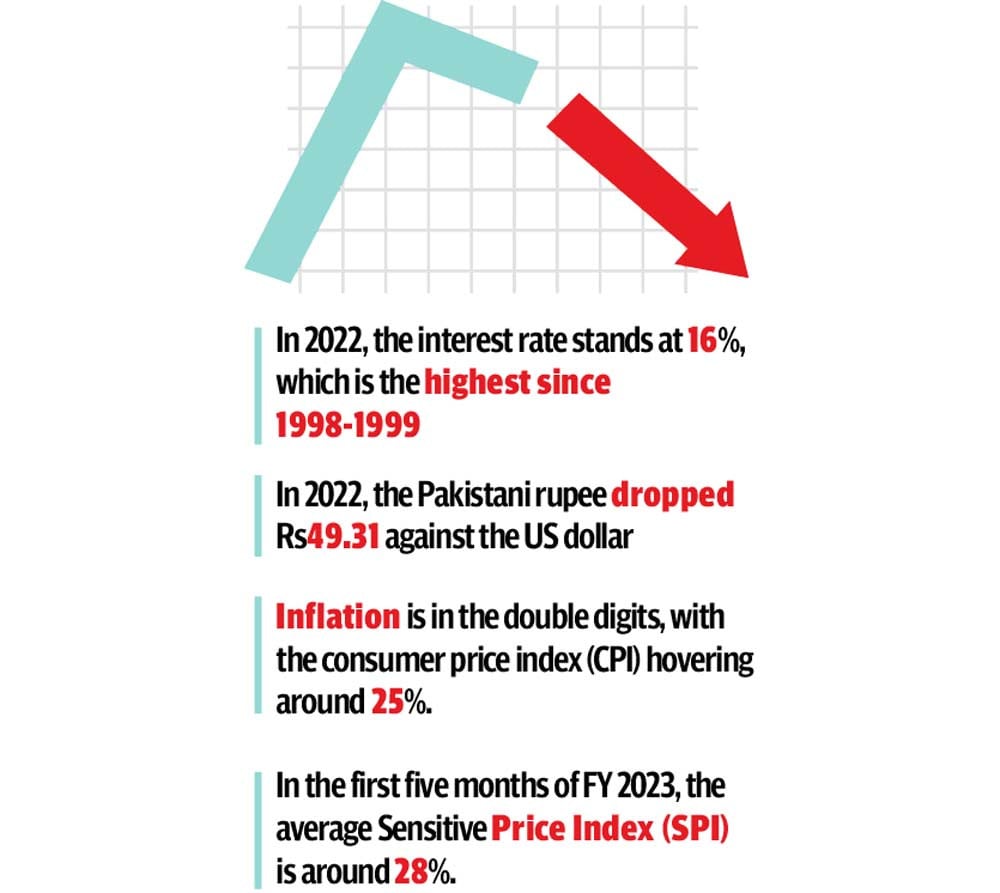(CTN News) – According to Mian Usman Zulfiqar, president of the Pakistan Business Forum (PBF), the top industries suffered in 2022 were textile and related, agriculture, import-based material industries, and autos. The economy of Pakistan will also have difficulties in 2023.
The PBF rated 2022 as Pakistan’s economy’s worst-performing year. The local currency lost Rs 49.80 versus the dollar; the interest rate rose to 16%, the highest level since 1998-1999, double-digit inflation, and a current consumer price index (CPI) of 25%.
The average Sensitive Price Index (SPI) for the first five months of FY 2023 is close to 28%.
Zulfiqar urged the nation’s decision-makers to look for a feasible way to pay off the nation’s debt. Without it, our economic development would continue to decline as Pakistan’s burden of paying off its foreign debt and accruing interest rises.
The nation borrows mostly to cover past loans and fund its current account deficit (CAD).
However, the crucial issue of whether developed nations like the US, our strategic allies, will help us pay off or wipe off our debt goes unanswered.
The overall debt of Pakistan is estimated to be approximately 125 billion dollars, which is a significant sum of money for us but not for China and the United States.
On the other hand, our entire debt is dwarfed by large American and Chinese corporations. Even Walmart Inc. of the United States is worth $ 570 billion, and China Petroleum & Chemicals Corporation is $326 billion.
Due to the approaching maturity date of our previous rescheduling obligations, “We need complete rescue come what may.” According to the PBF chairman, a $26 billion loan would be repaid to donors in 2019.
Jahanara Wattoo, vice president of the PBF, said that if we do not seek alternatives, we will be trapped in the IMF and other financial organizations’ vicious cycle, which will cause the rupee to become increasingly weaker.
Their condition is to constantly surpass the currencies of developing nations.
Jahanara Wattoo said that political parties need to recognize that Pakistan cannot afford to implement new economic policies every five years, which is why FDI is declining.
Realizing high-performance scenarios would need institutional change and a shift in the nation’s strategic mindset.
If there are no feasible answers, reducing non-essential imports and dependence on oil may be necessary, save energy, and generate foreign cash by selling strategic shares in successful state-owned businesses.
She noted that the only realistic course of action for 2023 onwards would need incentives for greater production of necessary food products and productivity in the industrial sector.







